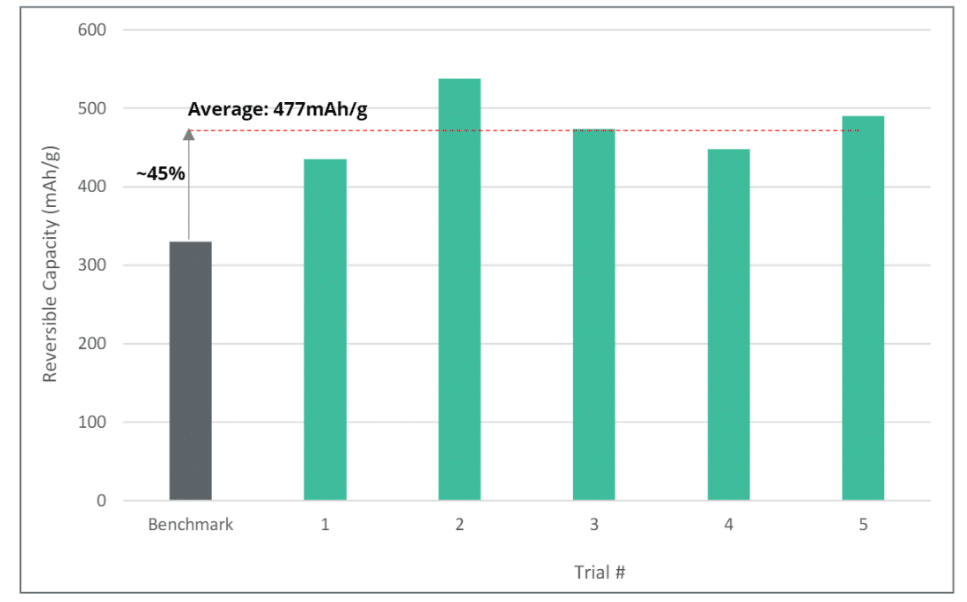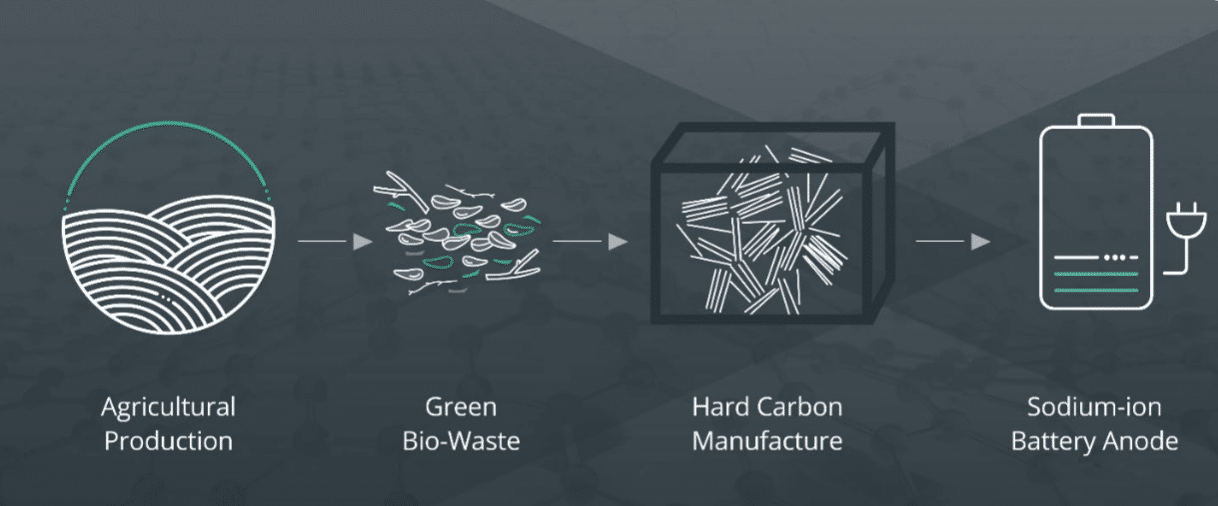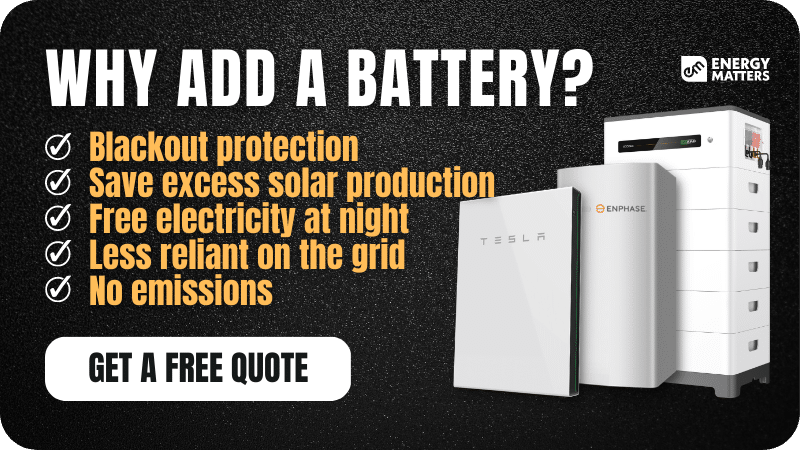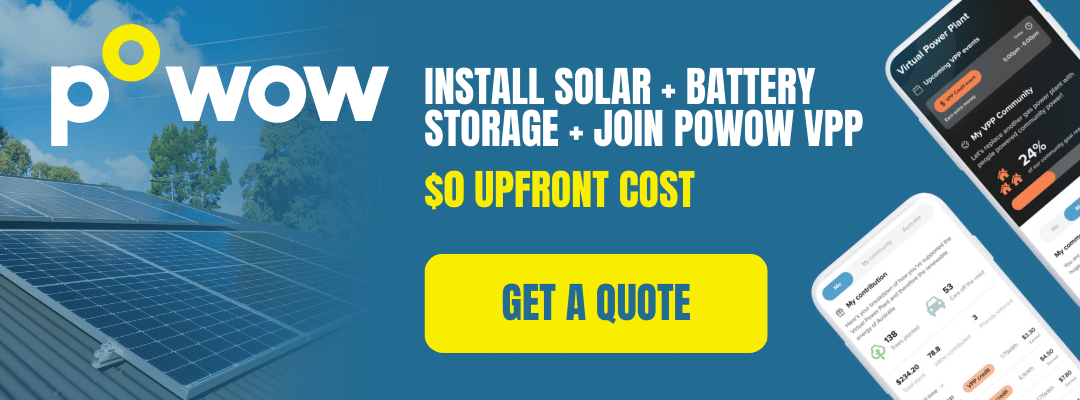Energy Matters has been a leader in the renewable energy industry since 2005 and has helped over 40,000 Australian households in their journey to energy independence.
Let us discuss and choose the best quote that suits your needs and budget, and we can connect you with our trusted local solar installers in Brisbane, who will provide up to 3 FREE quotes for your home and business solar energy system. Get your free quotes today!
Sparc Technologies, an Australian energy storage company, together with Queensland University of Technology (QUT) has recently announced groundbreaking results in its development of sustainably sourced hard carbon anode material for sodium-ion batteries (SIBs). This breakthrough Sodium Ion Battery Materials Project has the potential to revolutionise the energy storage industry by providing a safer, cheaper, and more environmentally friendly alternative to lithium-ion batteries.
Since the South Australia-based company started on sodium-ion battery technology research project with QUT in September 2022, a lot has been accomplished.
According to the company’s official announcement, the project has achieved a breakthrough in the development of a new class of cathode materials for sodium-ion batteries. The new materials have demonstrated exceptional energy density and stability, which are critical factors in the performance and longevity of solar storage batteries. The company has also revealed that the new cathode materials have a significantly lower cost of production than traditional lithium-ion battery cathodes.
Quotes attributable to Sparc Technologies Ltd. Executive Chairman, Stephen Hunt:
“Sparc is very encouraged by the positive results from its research program with QUT into the development of sustainable hard carbon anode materials for sodium ion batteries. The combination of green bio-waste feedstock and faster, less energy intensive processing with a very high capacity anode material offers attractive potential for further research and development.
Equally as exciting is the continued progress of sodium ion batteries towards commercialisation as evidenced by recent activities of major global battery producers including CATL, BYD and Reliance Industries. Sparc is well positioned as one of the only ASX listed companies actively targeting sodium ion batteries.”
QUT research project’s results

Hard carbon anode discharge capacity from preliminary optimised process conditions.
The first project milestone report, which details the outcomes of SIB half-cell battery testing and material characterisation for a sustainably sourced anode material under a variety of process circumstances, has been delivered by QUT in accordance with the project schedule.
Reversible capacities for a batch of materials under the same testing conditions exceeded 535mAh/g. They averaged 477mAh/g across five different trials, while more optimisation, testing, and process development work are still required. This was significantly higher (by around 45 percent) than the benchmark of 330mAh/g established at the start of the study program based on materials that are believed to be representative of commercial hard carbon anode materials.
Benefits of the promising technology
The sodium-ion battery is a promising technology that has been gaining attention since last year as a potential alternative to lithium-ion batteries. One of the main advantages of sodium-ion batteries is that they use abundant and widely available sodium instead of scarce and expensive lithium. This makes sodium-ion batteries a more sustainable and cost-effective alternative to lithium-ion batteries.
 Hard carbon production using low cost sustainably sourced green bio-waste process schematic.
Hard carbon production using low cost sustainably sourced green bio-waste process schematic. This new technology also has significant environmental benefits. The production of lithium-ion batteries requires the extraction of rare earth metals, which can be environmentally destructive and create a significant carbon footprint. Sodium, on the other hand, is a more sustainable and environmentally friendly material.
Main challenges of sodium ion batteries
Sodium-ion batteries have yet to achieve the same level of performance as lithium-ion batteries. One of the main challenges in the development of sodium ion batteries is finding cathode materials that can match the energy density and stability of traditional lithium-ion battery cathodes.
Have a potential impact
The potential applications of sodium-ion batteries are numerous and varied. They could power electric vehicles, provide energy storage for renewable energy systems, and even replace lithium-ion batteries in consumer electronics. The lower cost and sustainability of sodium-ion batteries could also have a significant impact on the energy storage market, making them more accessible to a wider range of users.
Are you ready to convert your next car to an electric vehicle (EV)? Book a test drive now in one of the newest electric vehicles in your location!
Sparc Technologies’ Sodium Ion Battery Materials Project is a significant contribution to the development of sustainable and cost-effective energy storage solutions. The company’s breakthrough in the development of new cathode materials for sodium-ion batteries could pave the way for the widespread adoption of this promising technology. The company’s commitment to innovation and sustainability is commendable, and it is exciting to see the potential impact of its research on the energy storage industry.
Image&Source: Listcorp (ASN: SPN)
Still can’t afford to switch to solar power?
Are you considering getting solar panels but are currently short on funds? You can still make a wise investment, and Energy Matters can help you.
Powow and Energy Matters have teamed up in order to provide our consumers with an alternative to switching to solar power and battery storage. The biggest obstacle to installing solar and battery storage is typically finance. With Powow’s PPA and VPP, our customers will have a $0 upfront option and financial stability in the uncertain energy market.
Get up to 3 obligation-free quotes by getting in touch with us right away. Find out what payment plan options are available that suit your needs and budget!
Check out our page to learn about Powow: Power Purchase Agreement (PPA) and Virtual Power Plant (VPP).
Energy Matters will feature a stunning eco-home in Melbourne, Victoria installed with the latest solar technology this Saturday at 4.30 pm on Open Homes Australia on the 9Life channel. Be sure to watch this show; you don’t want to miss it!


















































